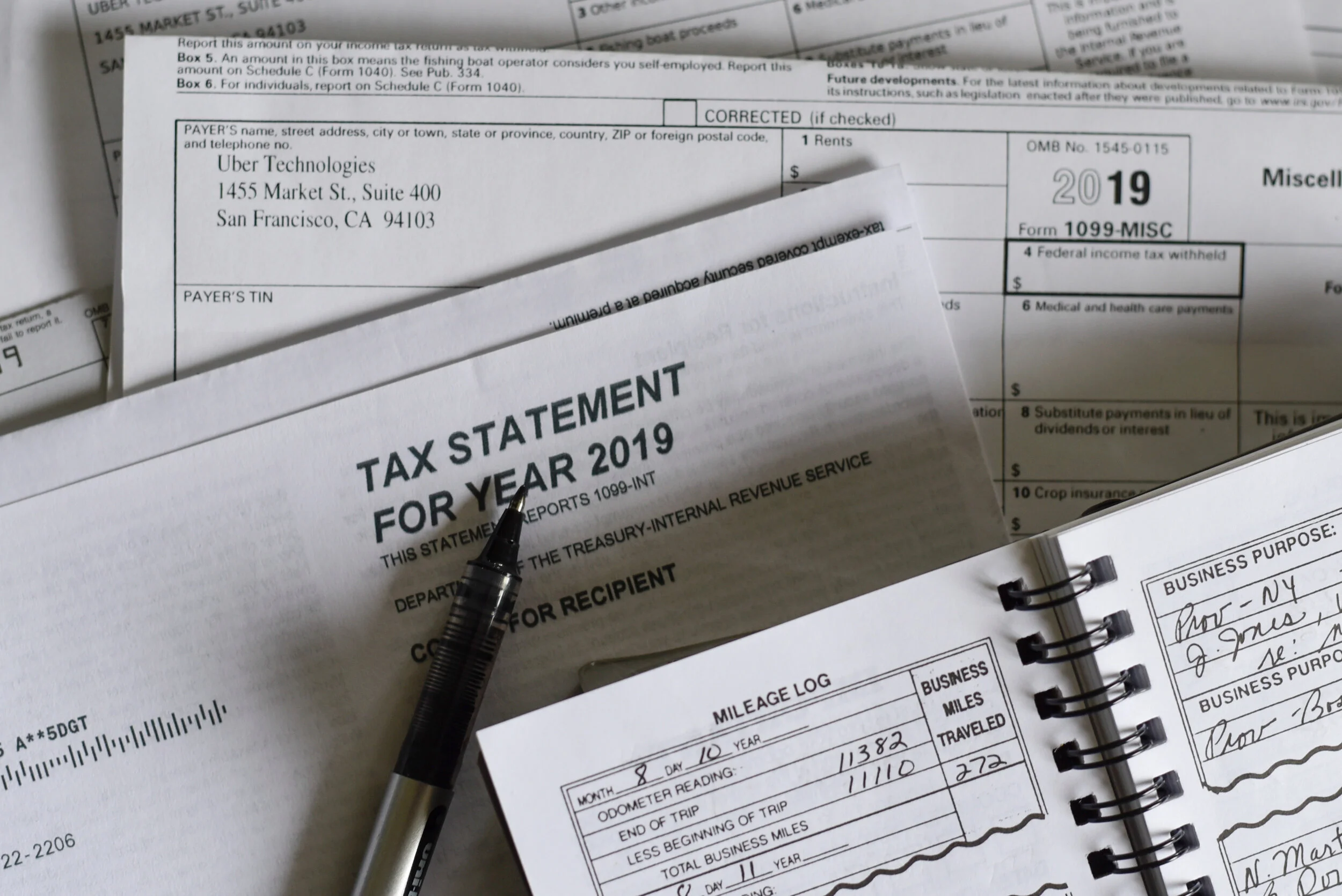There may be a time in the life of your limited company that you decide to close it. This may be for a number of reasons, you may want to retire, stop trading or your company is experiencing financial problems and you decide that you want to close it. This is never an easy decision to make and needs to be made with the agreement of the directors and shareholders of the company.
Read MoreWhen you’ve decided to start your own business you will need to decide what legal structure you will use for your business. Will it be a limited company, limited liability partnership or a sole trader. Deciding on the legal structure you use will impact the amount that you pay in tax and national insurance and also the amount of risk that you have in the business.
Read MoreUnder the Pensions Act 2008 every employer has an obligation to put eligible members of their staff in a pension scheme and to make contributions into this. These obligations are called automatic enrollment.
Read MoreBecause the benefit in kind tax is so low at the moment on electric cars it can make it attractive for owners of companies to make them available for their employees. The benefit in kind rate for pure electric cars are significantly lower than they are for petrol and diesel cars.
Read MoreThe UK officially left the EU on the 1st of January 2021 and since then the vat rules for charging vat on goods and services to EU countries has changed slightly. The EU is now treated as being outside of the UK vat system.
Read MoreDeciding how to pay yourself from your company requires a little bit of financial planning from a tax point of view. You are looking to keep to minimum the amount of tax you pay, but also do it in a way that is compliant. Finding the right mix of the payments that you take requires a bit of understanding about you and your company.
Read MoreIt is getting close to the time that you need to be sending your personal self assessment tax return to HM Revenue and Customs. The self assessment tax return form is something that everyone must do if they meet the following criteria
Read MoreBeing able to understand accounting terms and accounting concepts will help you in your business in the short term and the long term. You need to be able to understand the financial health of your company from its financial statements and the annual reports. These reports will help you see where your company is now and where it will be in future.
Read MoreYou need to have a business bank account if you are the owner of a limited company. The limited company is a separate legal person to you. It can agree contracts, buy and sell things. The company needs to have its own bank account.
Read MoreBuying equipment for your business normally involves a large investment. If you are buying a new computer or office equipment you have to plan and be sure that you can afford the investment that you are making.
Read MoreWe get asked a lot by our clients can I buy a car through my limited company? This is normally a way to ask can I include my car expenses in my company accounts.
Read MoreAs an employer there are a few benefits that you can give your employees that they will not be taxed on so long as you stick to the rules.
Read MoreWhen we take a look at businesses we see that a lot of them have the same parts which make them successful: strong branding, the ability to scale up and grow and they fulfil a need that is going unsatisfied for the customer.
Read MoreEvery year a company must file a confirmation statement this includes if your company is not trading or dormant. When it is time to file the confirmation statement you will receive a letter from Companies House to inform you it is time to file the statement again, if you signed up for online filing and have chosen to get email reminders you will still get a reminder but it will be sent to the email address nominated.
Read MoreA Self-Assessment Tax Return is document that may be normally prepared by your accountant and will gather all the sources of your income for a tax year and present them in one document. It will contain all the P45’s and P60’s relevant to the tax year along with the details of any sources of income that you may have such as dividends, rental income, capital gains and pensions.
Read More
There have been several updates in the tax rates for the tax year April 6th 2020 to April 5th 2021, these changes affect the tax rates for England & Wales and the tax rates for Scotland. The tax-free allowance remains unchanged at £12500 per year.
Read More
As a company director you have responsibilities to co-operate with your accountant on the preparation and submission of your accounts, taxes and VAT. To think that because you appoint an accountant to do this work there is no responsibility is wrong, and if a filing is missed it is the Directors who will be held responsible by HM Revenue and Customs and Companies House.
Read MoreYou will have several responsibilities from the day that you are appointed a Director to your company.
Your main responsibilities are to perform a number of duties under the Companies Act 2006 and these will still apply if you are either not active in the role as a director, you have not yet been formally appointed as a director or you control a board of directors without actually being on it.
Read More
One of the most frequent questions we get asked by our clients is what taxes do I have to pay and when do I have to pay them?
Read More
The accountant for most small businesses is normally the only professional advisor that they engage with, they may not need a firm of solicitors or consultants to help support them with their business, but they will need an accountant to file their accounts and taxes. How much should you value the services that they give you?
Read More
















